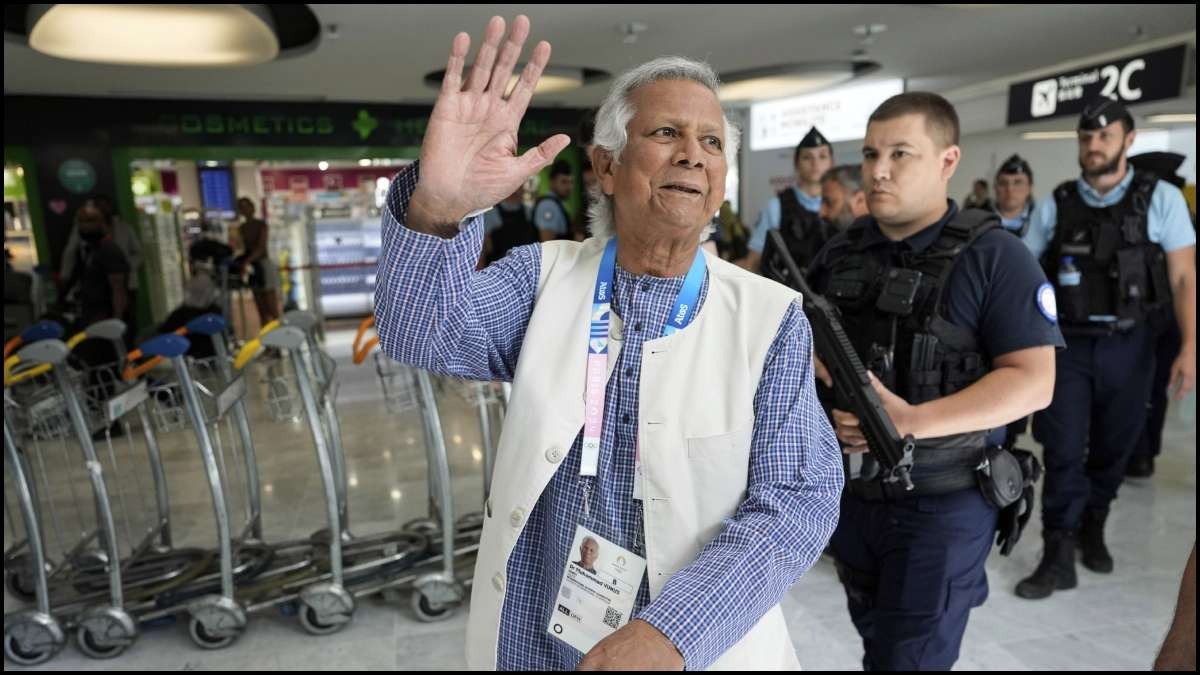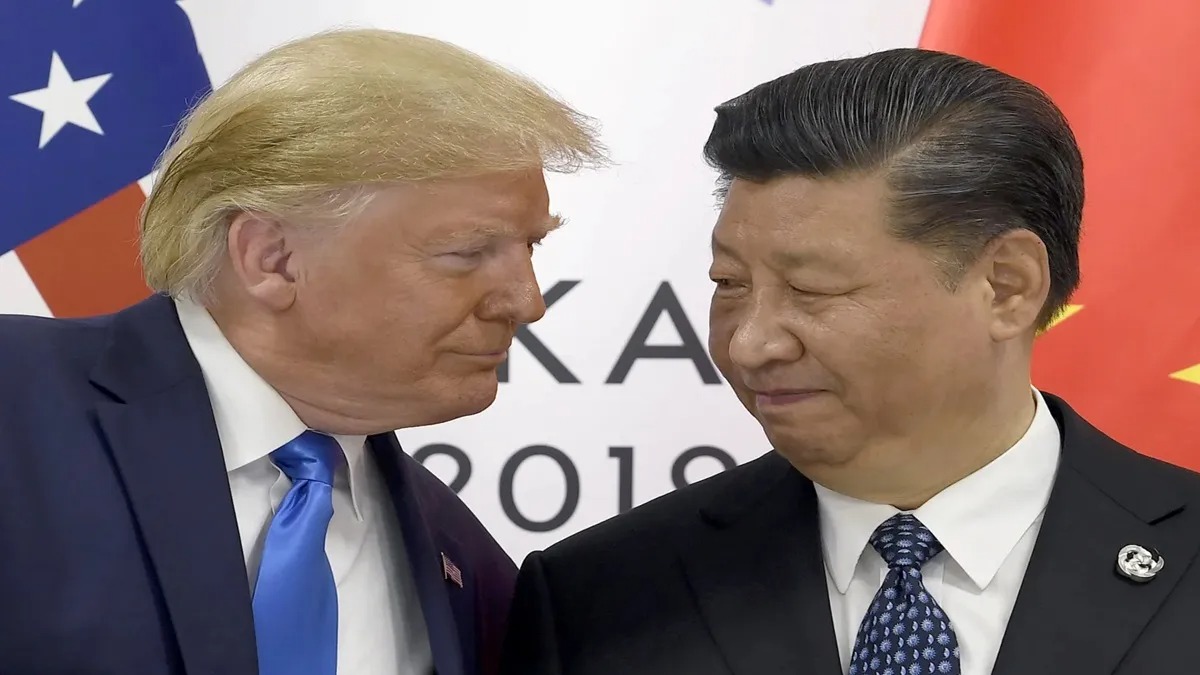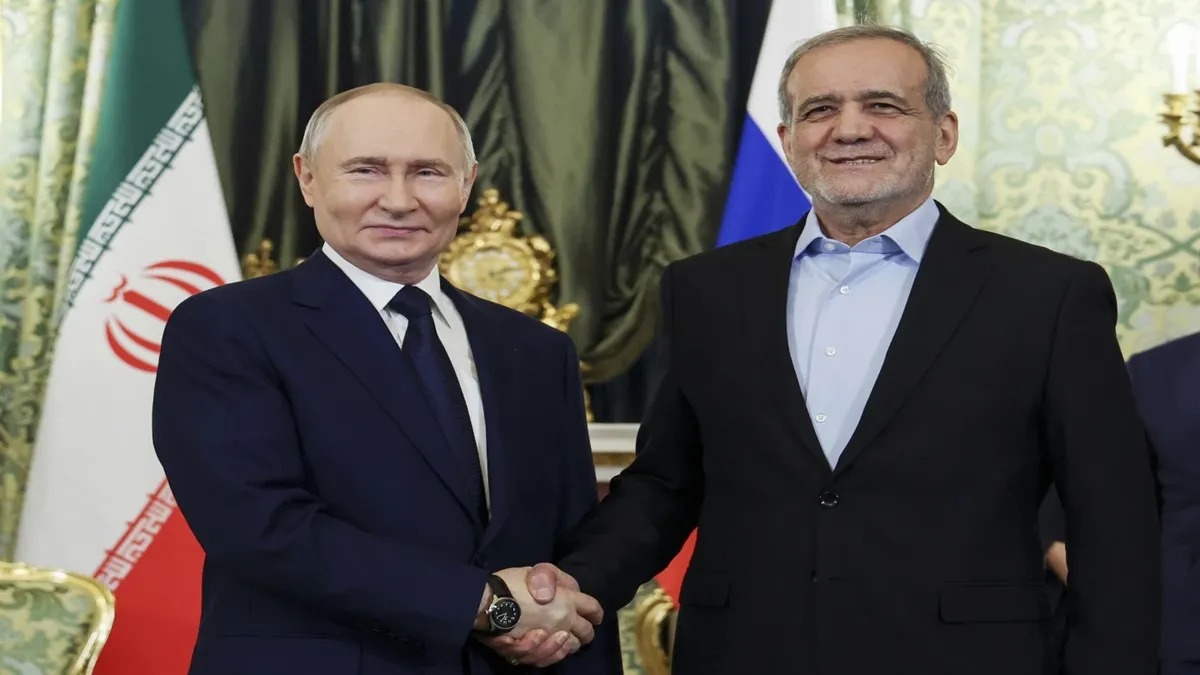
International: Bangladesh's Chief Adviser Muhammad Yunus said his caretaker government would pursue ways to resolve the differences with India over the long-pending Teesta water-sharing treaty, as delaying it for years serves no purpose for either nation. In an interview with PTI at his official residence here, Yunus said the water-sharing issue between the two countries must be resolved according to international norms.
“By sitting over this issue (water sharing), it is not serving any purpose. If I know how much water I will get, even if I am not happy and sign it, it would be better. This issue has to be resolved,” he said, adding that his government would pursue an early resolution of current differences with India.
India and Bangladesh were set to sign a deal on Teesta water sharing during then-Prime Minister Manmohan Singh's visit to Dhaka in 2011, but West Bengal Chief Minister Mamata Banerjee declined to endorse it, citing a scarcity of water in her state. "While we all wanted this treaty to be finalised, even the Indian government was ready for it. However, the state government of West Bengal was not ready for it. We need to resolve it,” he said.
Bangladesh's effort to restart Teesta water-sharing talks
Yunus said lower riparian countries like Bangladesh have certain rights that should be provided to them. His remarks came after his adviser on water resources Syeda Rizwana Hasan previously told PTI that the interim government wants to restart dialogue with India on the Teesta water sharing treaty without the interference of any 'third party'.
"I have discussed the issue of Teesta water sharing with all relevant stakeholders (in Bangladesh). We have discussed that we need to restart the process and dialogue regarding the Teesta treaty. We also have to work on the Ganges treaty, which is coming to an end in two years," she told PTI earlier this month, asserting that Bangladesh might consider international legal documents and principles if an agreement cannot be reached.
The 56-year-old adviser to Bangladesh’s Department of Water, Forest, Environment, and Climate Change said the interim government has not yet discussed taking the issue of water sharing with India to the international forum. “I don’t think we have discussed that yet. I think the first step for Bangladesh will be to address it with India and Nepal. We haven’t discussed taking this matter to any other country at this stage,” she said, asserting that the “issue can be resolved amicably with India.”
Yunus on Bangladesh floods
Speaking about the flood situation in Bangladesh and reports from Dhaka blaming India for the floods, Yunus said that until the treaty is signed, a humanitarian approach can be adopted to deal with such crises. “When the High Commissioner (of India) came to meet me, I said that we can work on better management to see how the situation can be controlled during the floods. For such coordination between two countries, we don’t need any treaty."
Monsoon rainfall-triggered floods in deltaic Bangladesh and upstream Indian regions have killed several people and marooned or affected nearly three million others in Bangladesh, posing a huge administrative challenge to the newly installed interim government amid a political transition. India has described as factually incorrect the reports from Bangladesh that the current flood situation in certain parts of the country has been caused by the opening of a dam on the Gumti River in Tripura.
"We have seen the report on the flood situation in Bangladesh. Its narrative is misleading and suggests that India is somehow responsible for the floods. This is factually not correct and ignores the facts mentioned in the press releases issued by the Government of India clarifying the situation. They have also ignored that we have regular and timely exchange of data and critical information between the two countries through existing joint mechanisms for water resources management," said Ministry of External Affairs spokesperson Randhir Jaiswal.
'Callousness': Yunus on killings at Indian border
Speaking about the contentious issue of alleged killings of Bangladeshi citizens at the Indian border, Yunus described it as "callousness" and said killing is not a solution to dealing with it. "Killing someone is not a solution, as there are legal ways to deal with this. There has to be a ground mechanism and legal procedure to handle it. This is a one-sided thing," he told PTI.
"No one is crossing the border to capture your country; those who are being killed by shooting are just couriers. This is callousness. This has to stop,” he added. The Border Security Force (BSF) of India has accused Bangladeshi smugglers and infiltrators of crossing over the border and attacking Indian forces when challenged.
They have raised the issue with the Bangladesh counterpart BGB on several occasions. Notably, West Bengal shares a total of 2,217 kilometres of its border with Bangladesh, along with Tripura (856 km), Meghalaya (443 km), Assam (262 km), and Mizoram (318 km). Deaths occur at times along the Bangladesh-India border due to alleged infiltrators trying to cross into India illegally, cross-border firing, and cattle smuggling.
--Advertisement--

 Desk
Desk Share
Share






